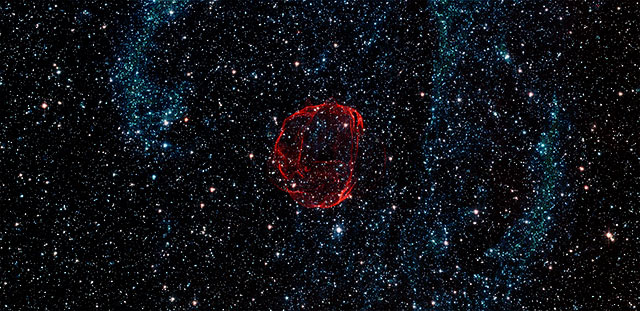
Many scientists have explored the intersection between science and spirituality. From Galileo to Einstein to Isaac Asimov, these forward thinkers have all peered through the lens of science at the more intangible corners of the universe.
Carl Sagan ably follows them along the scientific path toward spirituality. His posthumous collection of essays published in The Varieties of Scientific Experience: A Personal View of the Search for God provides a wide sample of his thoughts on God, religion and spirituality.
In the introduction to the book, his widow, Ann Druyan, points out that Sagan found little distinction between the quest for understanding the universe and coming to terms with the nature of an all-mighty creator:
“He believed that the little we do know about nature suggests that we know even less about God. We had only just managed to get an inkling of the grandeur of the cosmos and its exquisite laws that guide the evolution of trillions if not infinite numbers of worlds. This newly acquired vision made the God who created the World seem hopelessly local and dated, bound to transparently human misperceptions and conceits of the past.”
In spite of our lack of understanding about reality, Sagan finds faith in our place in the universe. But as a scientist, he favors science over the restrictive confines of religion.
“Carl wanted us to see ourselves not as the failed clay of a disappointed Creator,” writes Druyan, “but as starstuff, made of atoms forged in the fiery hearts of distant stars … For him science was, in part, a kind of ‘informed worship.’”
Still, religion and science are not that far apart for Sagan. In the book, he points out that the word “religion” comes from the Latin for “binding together.” This is exactly what scientists do as they attempt to identify the interrelationships in the universe, whether in a local ecosystem or even at the quantum level.
In this respect, writes Sagan, “the objectives of religion and science, I believe, are identical or very nearly so.”
One aspect that lies at the heart of both religion and science is a sense of awe — the kind of wonder experienced by people from every culture when they looked up at the night sky. Albert Einstein also found awe to be an important component of science: “I maintain that the cosmic religious feeling is the strongest and noblest motive for scientific research.”
Although religion and science share many similarities, Sagan finds ample places where the two diverge. One of these differences is the concept of God. While many people have accused scientists of trying to put God into a tiny box, Sagan finds that it is actually religion that is too restrictive.
“A general problem with much of Western theology in my view is that the God portrayed is too small,” he writes. “It is a god of a tiny world and not a god of a galaxy, much less of a universe.”
So while religion may seek to provide concrete — although limited — answers about our tiny corner of the universe, Sagan finds that science has much more to offer us. And for science, it is not the answer that provides the most illumination, but the search itself.
“If we ever reach the point where we think we thoroughly understand who we are and where we came from, we will have failed,” Sagan writes.










